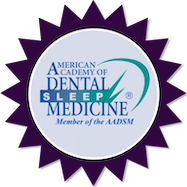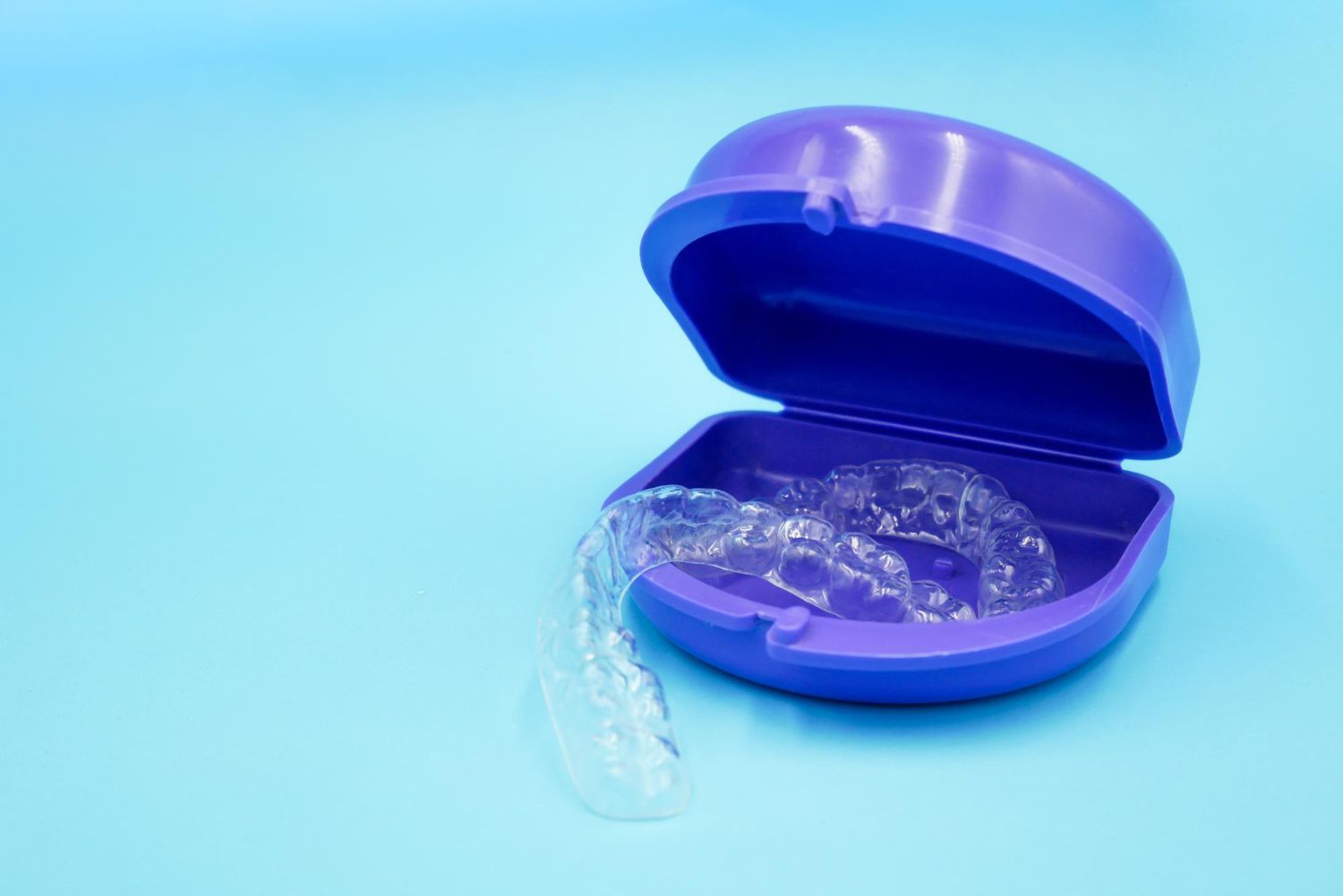Welcome to Fuller Sleep & TMJ Solutions | Greensboro, NC | frontdesk@fullersleep.com
Why Headaches and TMJ Disorders Are Linked

Many people do not realize how closely linked headaches and TMJ disorders are. The temporomandibular joint, or TMJ, is where your jaw meets your skull. If this joint is not working right, it can cause a range of problems, including headaches. This connection often goes unnoticed, leading to ongoing discomfort without a clear reason.
Understanding TMJ Disorders and Headaches
TMJ disorders refer to problems with the temporomandibular joint, which connects your jaw to your skull. These disorders can cause pain and discomfort in the jaw area. Common symptoms include jaw clicking, difficulty chewing, and a limited range of motion in the jaw. Beyond these, interference from the TMJ with other parts of the body can lead to headaches.
Several types of headaches are linked with TMJ issues. Tension headaches are the most common, characterized by dull, aching pain that often wraps around the head. Sometimes, migraines—severe headaches with symptoms like nausea and sensitivity to light—can also relate to TMJ disorders. Facial pain close to the temples is another sign that TMJ might be involved.
Physiologically, the link between TMJ disorders and headaches is interesting. The temporomandibular joint is close to many nerves and muscles that control jaw and head movement. When there is stress or misalignment in this joint, it can lead to muscle tension in the head and neck. These muscles, when tightened, can compress nerves or blood vessels, triggering headaches. Understanding this connection can be crucial in finding effective treatment plans.
How TMJ Affects the Body
TMJ disorders can have a noticeable impact on the body's muscles and nerves. The stress from TMJ is often felt in the form of tightness in the neck and shoulders. This tension can lead to the head being held in unnatural positions, which adds extra strain on the muscles. This physical stress can build up over time and contribute to more frequent headaches.
Jaw movement plays a significant role in headache occurrences linked to TMJ. When the jaw doesn't align properly, it can affect how the muscles work together. Misaligned jaw movements can lead to muscle imbalances, making it challenging for them to function normally. This imbalance can aggravate the tissues around them, leading to pain that radiates through the head and causes headaches.
TMJ-induced stress is another factor that links to headaches. Stress on the temporomandibular joint can also lead to overall stress in the body. When people experience chronic stress, it can manifest physically in different ways, including increased muscle tension that can lead to headaches. Therefore, managing stress effectively can be a vital part of reducing both TMJ-related pain and headaches. Understanding these effects is essential for anyone looking to alleviate symptoms effectively.
Recognizing the Signs of Linked Conditions
Identifying a connection between headaches and TMJ disorders can be crucial for effective treatment. Some symptoms can flag this link:
- Persistent jaw pain or discomfort
- Clicking or popping sounds when moving the jaw
- A jaw that locks in an open or closed position
- Earaches or a feeling of pressure in the ears
- Neck and shoulder pain accompanying headaches
Differentiating TMJ-related headaches from other types involves observing where the pain occurs and when. TMJ headaches often start near the temples and can be accompanied by jaw pain or stiffness. These headaches might worsen during or after jaw movement, like chewing or yawning. Keeping an eye out for these specific characteristics can help point towards a TMJ-related issue.
Tracking headache patterns can be incredibly helpful for diagnosis. Documenting when headaches start, their severity, and any accompanying symptoms can provide valuable insights for professionals like Dr. Fuller. This practice can reveal patterns that might otherwise be missed, helping tailor the best treatment approach.
Effective Strategies for Relief
Several strategies can help alleviate symptoms from TMJ disorders and associated headaches. Exercises and stretches tailored to this condition can be incredibly beneficial. Gentle jaw exercises can improve flexibility and reduce tension. Simple neck stretches can also help ease muscle tightness that contributes to headaches.
Lifestyle changes can play a big role in reducing symptoms. Using stress management techniques like mindfulness or yoga can lower overall tension in the body. Avoiding hard or chewy foods can minimize jaw strain, while ensuring good posture can alleviate muscle stress. These adjustments can significantly lessen the frequency of discomfort.
Professional intervention is vital in managing these conditions effectively. Dr. Fuller offers comprehensive approaches to address TMJ and related headache issues. From oral appliance therapy to personalized treatment plans, expert guidance can provide much-needed relief and improve quality of life.
Conclusion
Understanding the link between TMJ disorders and headaches opens doors to finding relief for many people. Recognizing the symptoms and their impact on daily life is key to getting proper help. By identifying the underlying causes and paying attention to how these issues interact, sufferers can tackle them head-on with effective strategies.
Knowledge and management play essential roles in managing TMJ and headaches. Practicing daily habits that reduce stress on the jaw and neck can bring noticeable improvements. By being proactive about one's health, the frequency and severity of these symptoms can be reduced.
For those ready to take control of their TMJ and headache issues, seeking professional support can make all the difference. Fuller Sleep & TMJ Solutions offers expert care in managing TMJ disorders and related headaches. Dr. Fuller and our other
TMJ doctors in Greensboro, NC, are dedicated to providing personalized treatment plans to help you find long-term relief and improve your overall well-being. Reach out today to start your journey toward a pain-free life.

CONTACT US
Fuller Sleep & TMJ Solutions
1515 West Cornwallis Dr Suite 110 Greensboro, NC 27408
BUSINESS HOURS
Monday: 8am – 5pm
Tuesday: 8am – 5pm
Wednesday: 8am – 5pm
Thursdays: 8am – 2pm
All Rights Reserved | Fuller Sleep & TMJ Solutions
© 2023 All Rights Reserved | Fuller Sleep & TMJ Solutions
Website designed by: Morningdove - Accessibility Statement












